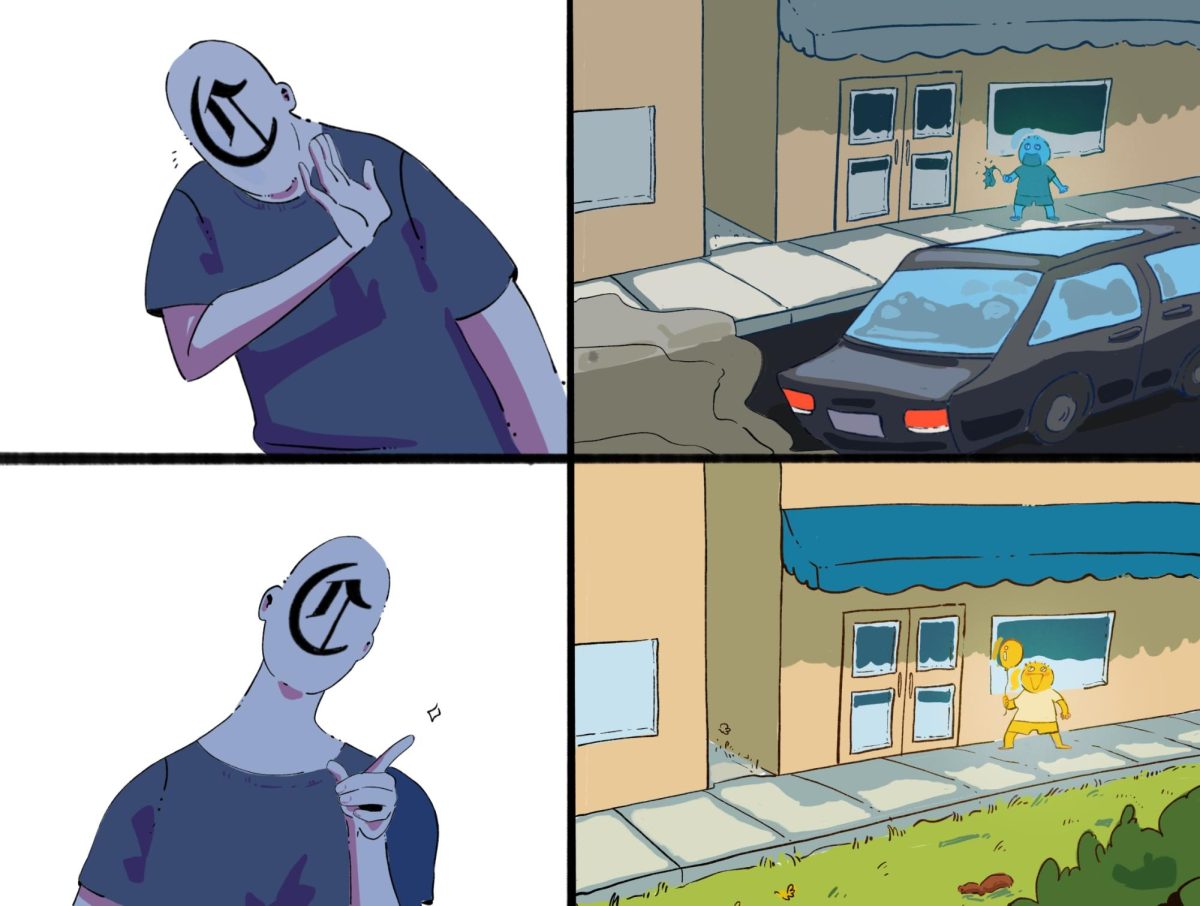For the most part, many students at Palo Alto High School benefit from the disproportionately large incomes of their families. The median household income in Palo Alto is $122,000, more than double that of the $51,000 average of the nation.
This difference in wealth creates concern in the community that Paly students are too sheltered from the social and economic problems outside the “bubble” of Silicon Valley. While Paly students may be aware of issues that pertain both within and outside of Palo Alto, The Campanile believes that students often become singularly focused on one career path, neglecting vacation and break times in order to focus on college applications, summer internships and standardized tests.
In doing so, students deprive themselves of an opportunity to broaden their cultural horizons and receive an education that could not only expand their knowledge of the world, but also foster greater autonomy and creativity.
To introduce students to cultural experiences beyond Palo Alto, Paly should expand student awareness of study abroad programs. Additionally, Paly should increase the viability of such programs by clearly outlining which graduation requirements students can and cannot fulfill while studying abroad.
Students interested in studying abroad could seek opportunities through external programs like Students Travel Schools (STS), but also ought to be able to find such programs and a plethora of studying locations through a pre-checked list compiled by Palo Alto staff and students.
Furthermore, Paly could coordinate with these programs to set up an exchange system with reduced prices for students to encourage greater participation.
With limited effort, Paly could increase student interest and participation in study abroad programs while helping to make such programs more accessible to economically disadvantaged students.
Furthermore, a Paly organized list would make studying abroad relatively simple, as students would have easy access to a variety of high-quality exchange programs and locations through their connection with Palo Alto High School.
Paly students who chose to study abroad this year, such as juniors Bianca Al-Shamary and Matilda Kendrick, continued to learn about subjects taught at Paly, but with a revised curriculum.
“Instead of teaching one math or science subject per year [my foreign exchange school] taught [multiple math and science subjects] every year,” Alshamary said. “I felt extremely well prepared when I came back to Paly when it came to Physics, Chemistry, Biology, and math.”
While high school is often used to prepare students for higher education, it should also serve an institute to help students discover what they are passionate about.
Students need to understand the problems that exist outside of Palo Alto so that they can begin to formulate their own ideas on how to solve them. Students in Palo Alto are well-educated, well-funded and extremely driven, but too often focus their energies on the pursuit of a single career path.
Studying abroad can introduce students to new problems or views, opening their mind to alternate career paths. This may allow students to pursue their true interests, and thus have a more fulfilling experience in their lives beyond high school.






